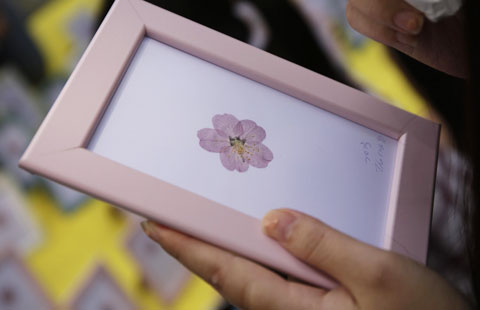More to it than spending and the sights
By Sun Shangwu (China Daily) Updated: 2016-06-01 06:30When I was assigned by China Daily to study at the University of Hawaii two decades ago, the question I most frequently faced in Honolulu was: Are you Japanese?
Asian tourists swarmed Waikiki beach and shopping malls in the island but they were mostly Japanese, with a sprinkling of Koreans. It was rare to see Chinese there.
But how things have changed.
Figures from the World Travel & Tourism Council show that Chinese travelers made 120 million overseas trips last year, spending $215 billion on goods and services.
Big-spending Chinese tourists were mostly welcomed in their destination countries where they boosted the local economies but also faced some resentment.
For example, mainlanders buying up milk powder in Hong Kong resulted in a short supply for local families and forced authorities to restrict sales to visitors.
Overseas tourism of Chinese should be viewed not only from market or economic perspectives but in the context of cultural exchanges.
The Chinese, having lived with a closed-door policy for a long time, are keen on knowing more of the outside world - and their rising affluence now makes it possible.
That explains why world news is carried prominently in Chinese media, both in print and TV, with an avid audience running into hundreds of millions.
Interaction between Chinese tourists and local people is also good for Chinese to better understand foreign customs and cultures, and lays a firm foundation for friendships.
One example is the ties between China and Japan. Bilateral relations have plummeted to lows in recent years because of the Japanese government's refusal to admit historical mistakes as well as its claims of sovereignty over China's Diaoyu Islands.
But that did not stop Chinese making 4.99 million trips to Japan last year, while the flow in the other direction was 2.5 million trips.
Tourism on such a large scale helps the two peoples to look at each other in more rational ways.
A Chinese saying goes: it is better to see once than to hear a hundred times. So when Chinese tourists see advanced foreign societies, they are keen to learn good practices such as in Japan or South Korea.
I recently met a city mayor who had just returned from Germany. He waxed eloquent about the advanced drainage system that protects its cities from flooding.
He said he plans to revamp his city's drainage and I believe millions of residents in his city will benefit - a good byproduct of overseas trips.
The writer is deputy editor-in-chief of China Daily.
- Premier Li calls for passion in S&T innovation
- China to check halal food
- Action plan targets soil pollution
- Sexually abusive guardians must lose rights, top court reiterates
- Xi, Li see science as key to future
- Satellite industry raises sights-at least 100 'by 2020'
- China 'to press US' on maritime issues
- Media 'can help to defuse' conflicts
- Reaction mixed to new paid leave rule for single children
- Construction of new airport takes off in Chengdu







